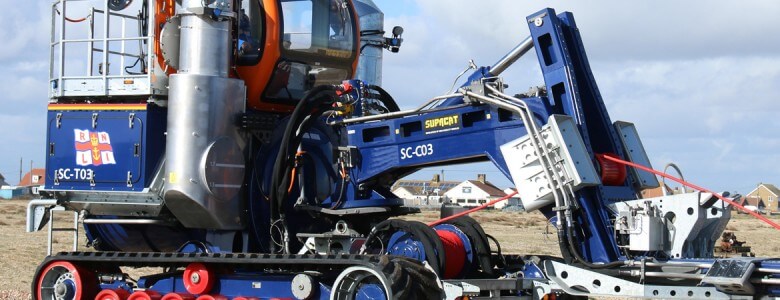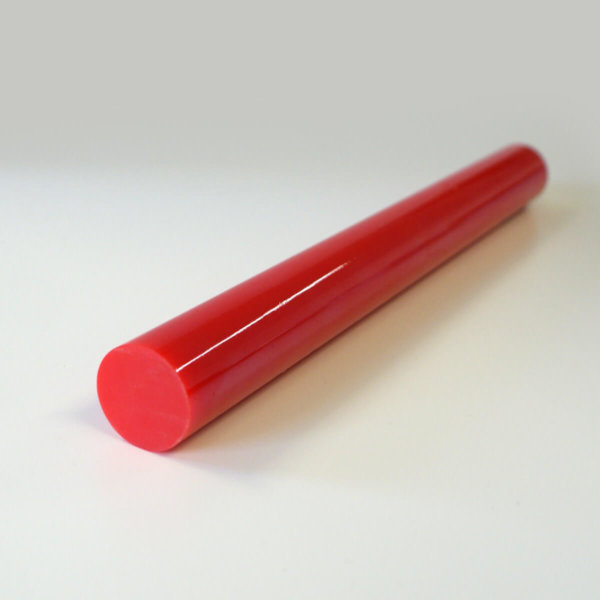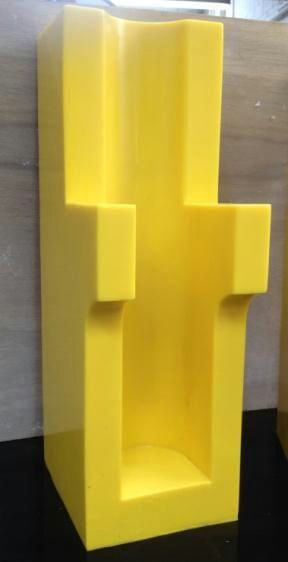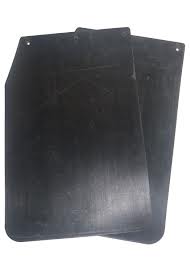Soft-touch polyurethane wheels are highly resistant, as they are designed to exhibit a fast rebound when they hit obstructions or damaged parts of any floor surface. They facilitate the safe, easy and quiet movement of equipment and vehicles, many of which are traditionally associated with natural rubber tyres.
The polyurethane elastomer has been shown to deliver wear characteristics 3x that of rubber, meaning it can easily roll over obstructions without taking damage. It also avoids picking up metal debris, chips, nails and screws that are commonly found in manufacturing and construction environments.
Polyurethane wheels are made for specific applications, based on the load they must support and the types of surfaces on which they will operate. As such, their chemical composition and manufacturing processes vary, but there is one common feature: the objective is to produce a wheel that is highly durable and resistant to abrasions.
This means that a wide range of businesses benefit from them – from manufacturing to warehousing, construction and even sports. The soft-touch approach is vastly superior to hard, rigid wheels, and there are few materials more resistant to damage than polyurethane. Here’s how soft-touch polyurethane wheels have been helping businesses for decades.
Floor conditions
In an ideal world, all floors would be smooth, hard and flat. In reality, this is rarely the case, and wheels will roll over a range of surfaces beset with many imperfections. Soft-touch polyurethane wheels leverage the elasticity and abrasion resistance of the material to maintain their integrity longer than virtually any other material.
They will resist chips and foreign object damage, and their soft touch properties will also minimise the risk of them damaging the floor on which they roll. Their natural cushioning properties will also complement the suspension systems on heavy vehicles like JCBs, meaning they will last far longer than standard wheels.
Related article: How polyurethane rollers are made
Ergonomics
In many industrial environments, things like noise reduction and ease of movement are important.
Soft-touch polyurethane wheels offer these properties, even when carrying extremely high loads, making them perfect for transporting heavy machinery and equipment around the factory or warehouse floor on carts, trolleys or lifting vehicles. Their low roll resistance also helps reduce operator fatigue and/or fuel consumption.
Wear and tear
No wheel wears as well as a polyurethane one. Due to the unique properties of the material, polyurethane wheels can achieve the same grip as rubber with far smaller treads, and those treads will have significantly greater resistance to wear and abrasion.
Depending on the formulation of the material, polyurethane wheels are also likely to be superior when it comes to resisting oil, grease and other chemicals, further enhancing its viability for manufacturing and construction environments.
Related article: Why rebonding polyurethane wheels is so cost effective
Cutting down repair costs
The greater resistance to both general wear and tear and also damage from debris on the floor can help minimise expenses related to repairing and replacing damaged wheels.
Every business needs to be mindful of budgets, and where there are areas that could be improved upon, the necessary changes should be made. Investing in polyurethane wheels will save money in the long term, particularly in environments where there are many wheeled vehicles, trolleys and other equipment.
Conveyor systems
Polyurethane wheels are also a fantastic solution for things like conveyor belts. These systems depend on the integrity of the wheels that drive them, and if those wheels keep wearing out it can cause costly downtime and also require frequent maintenance work.
By implementing polyurethane wheels, a conveyor system becomes more durable and resistant to wear, so incidents of downtime are kept to a minimum.
Related article: What are PU wheels?
Overview
Soft-touch polyurethane wheels have been a revolutionary creation for a wide range of businesses. They are particularly prevalent in construction, manufacturing and warehousing, but their benefits are also felt in sports like skateboarding, and also in the lives of wheelchair users around the world.
Their ability to absorb impacts, resist wear and avoid damage from debris all add up to increased durability, helping cut maintenance costs for businesses.
They also help with ergonomic considerations like low roll resistance, easy manoeuvrability and minimal noise output. It is for these reasons that they are such a popular choice in so many industries – it really is a no-brainer for the vast majority of businesses requiring wheels for their equipment.
Want to find out how much it will cost to make your products?




